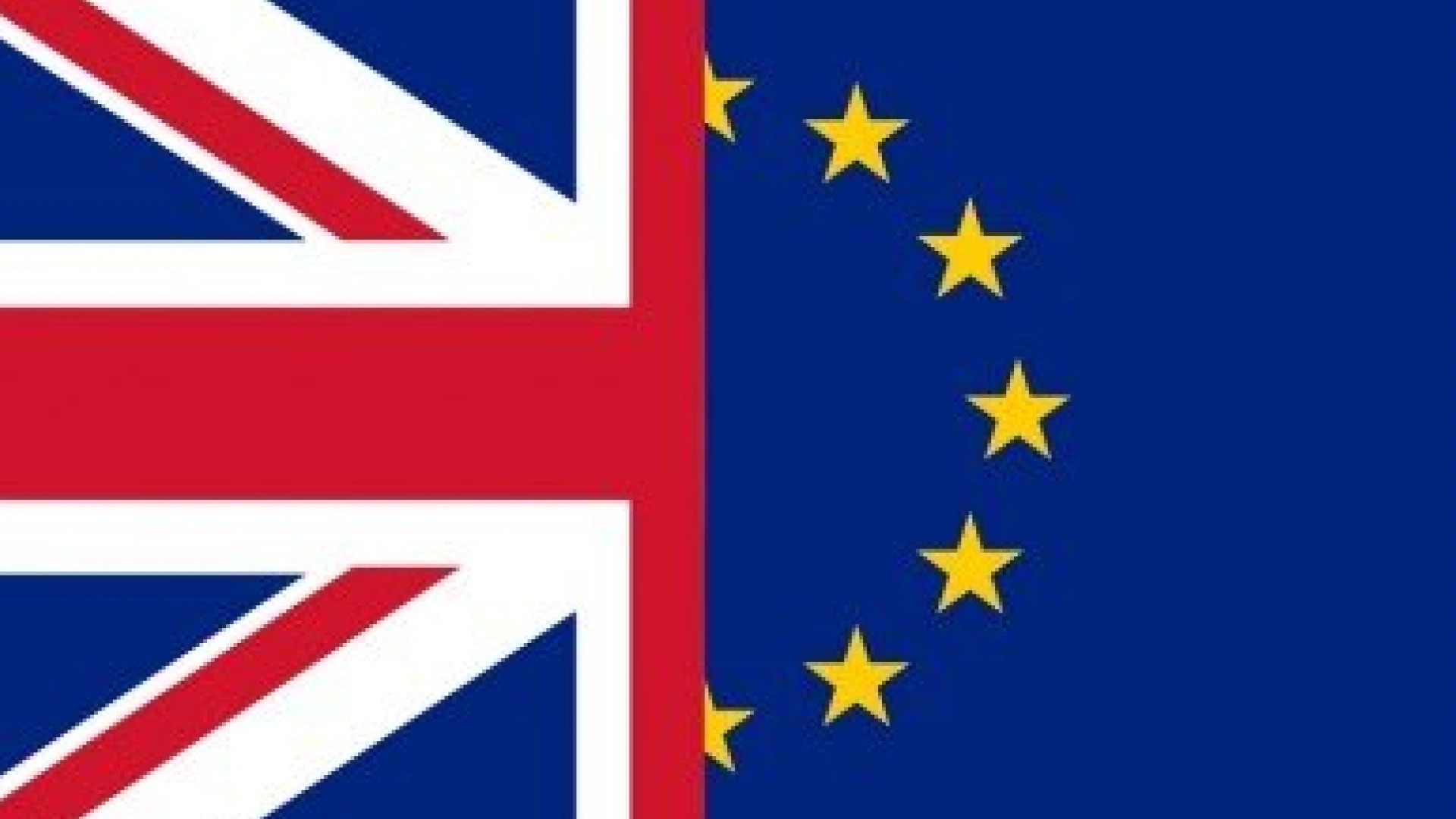Fast & Accurate ENS GB & EU ICS2 Solutions Built for You.
Trade Compliance News - June 2024
-
Freya Jane
- Director of Customer's Success
Industry pushes for Digital, Green future

This year’s Multimodal event buzzed with the energy of leading freight experts convening to address the industry’s most pressing issues. While rising freight rates and geopolitical tensions cast a shadow, the focus remained firmly on solutions. Technology emerged as a beacon of hope, with forwarders, carriers, and suppliers actively exchanging ideas on trade digitalization. It was clear that leveraging technology is seen as a key weapon in the fight against future challenges.
While embracing technology presents hurdles, the freight industry, traditionally reliant on paper-based processes, recognizes it as an essential step forward.The game has even changed for winning tenders. Forwarders and third-party logistics providers must now demonstrate a comprehensive approach to sustainable transport. Every detail matters, from carbon offset programs to fuel types and even truck idling times.
Brexit Bite: UK Clothing Sales to EU Suffer as Exporters Struggle with Regulations

A new study reveals a steep decline in UK clothing and footwear exports to the EU since Brexit. The culprit? Complex border regulations and red tape, deterring businesses from shipping across the Channel. Exports have plummeted from £7.4 billion in 2019 to £2.7 billion in 2023.
Brexit regulations are deterring businesses from shipping goods, leading to a £4.7 billion drop in sales since 2019.
Brexit’s impact goes beyond clothing. The UK has seen an 18% decrease in all non-food exports to the EU single market, with small and medium-sized firms feeling the brunt of the red tape burden.
Despite a thriving European e-commerce market, UK businesses are missing out due to Brexit hurdles. This decline in exports suggests a missed opportunity for British brands and retailers.
This slump isn’t limited to clothing – it’s contributing to an 18% drop in overall non-food good exports to the EU single market. Worryingly, this decline comes despite a booming European e-commerce market, suggesting UK businesses are missing out on a golden opportunity.
US Cracks Down on E-commerce Loopholes, EU Scrambles to Catch Up

The US is tightening its grip on Chinese e-commerce shipments with increased inspections, causing delays but aiming to stop the abuse of import rules. Meanwhile, Europe faces a looming crisis: a surge in undervalued e-commerce parcels and a lack of enforcement capacity.
The EU acknowledges it’s on the brink of being overwhelmed by e-commerce volumes. Their upcoming customs reform aims to close loopholes, including eliminating the duty-free threshold below €150. However, stricter enforcement remains a hurdle for the future.
E-commerce powerhouse Shein, which is trying to expand its market share before going public, and Chinese-owned e-retailer Temu (PDD.O) opens new tab depend on the expedited clearance process, which is available for direct-to-consumer shipments valued at $800 or less. U.S. brokers handling those packages submit shipping information electronically to CBP, speeding up processing.
Election Uncertainty: Will UK Supply Chain Face a Bumpy Road Ahead?

With the election set to dominate headlines for the weeks to come, what impact will the election have on the UK logistics sector and how might supply chains be affected by the results of the vote on 4 July?
Policies introduced by the new government could affect trade regulations, tariffs, and customs procedures, which are crucial for smooth and seamless trade operations.
Changes in trade agreements or regulatory frameworks could then lead to disruptions or require adjustments in how goods are transported and managed across borders. There may be new trade and compliance requirements, impacting efficiency and operational costs.
Moreover, the election outcome could influence investment in infrastructure and technology within the logistics sector. If the new government prioritises improvements in transportation infrastructure or incentivizes the adoption of advanced logistics technologies, it could enhance the sector’s efficiency and capacity.
Conversely, if there are delays in policy implementation or uncertainty in the regulatory environment, it could hinder planning and investment decisions. Overall, the logistics sector must stay agile and prepared to adapt to the potential shifts in policy and economic conditions that the election results on 4 July might bring.
UK Food Exports Plummet to 15-Year Low, FDF Finds

UK food export volumes have plummeted to levels not seen in the past 15 years, as reported by the Food and Drink Federation (FDF).
New data from the industry body shows a significant drop in national food export volumes, down more than 20% year-on-year to 2.2 billion kilograms in the first quarter. This marks the lowest export levels since early 2021, when the UK food industry was adjusting to post-Brexit changes and still grappling with pandemic effects.
The decline was primarily influenced by “several significant EU markets,” according to the FDF. Despite a 3.5% decrease in exports amounting to £1 billion, Ireland continues to be the UK’s top export market.
EU’s Flavour Ban May Create ‘Smoky Bacon’ Divide in UK Crisps

Northern Irish crisp makers will be subject to an EU ban on smoke flavourings due to post-Brexit trading arrangements, potentially creating a “smoky bacon border” with Britain.
The EU’s food safety authority cited toxicity concerns about eight smoke flavourings, including those used for smoky bacon crisps, stating these concerns were “either confirmed or can’t be ruled out.”
Under the terms of the Windsor Framework, Northern Ireland continues to follow hundreds of EU rules and has access to the EU’s single market, unlike the rest of the UK.
This means manufacturers like the crisp giant Tayto can’t use the affected smoke flavourings at their County Armagh headquarters in Northern Ireland. However, Tayto Group, which bought Golden Wonder in 2006, can still use these flavourings in smoky bacon crisps made at its British factories.
Opponents of the Windsor Framework have criticised this “smoky bacon border,” arguing that it represents a loss of sovereignty in Northern Ireland.